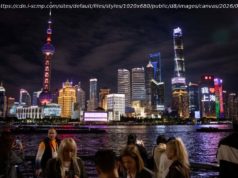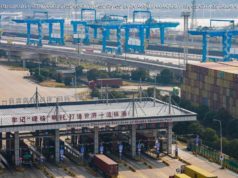Complex rules, language limits and long waiting times among problems raised
A lack of free early assistance is denying justice to the most vulnerable among Hong Kong’s population, according to a new report on legal aid services. The report, compiled by advocacy group PILnet and law firm DLA Piper, said underprivileged groups such as the homeless and ethnic minorities were struggling for help with legal issues that did not necessarily make it to court. “To the community, the legal system actually appears like a maze, ” Ng Tze-wei, deputy director at PILnet Hong Kong, said. “There are lots of services available, but you really don’ t know who you can go to.” The report, titled “This Way – Finding Community Legal Assistance in Hong Kong”, is based on interviews with policymakers, law professionals and non-governmental organisations, as well as a review of existing legal services. It found that government-funded legal aid focused on providing representation in court, but the community’s needs ahead of court proceedings were not being met. Under the Duty Lawyer Scheme, for example, defendants often met their lawyers 15 minutes before the start of a court hearing, and had to put up with an average waiting time of eight weeks to get a 30-minute free consultation provided by the Free Legal Advice Scheme. While NGOs were trying to fill the gap, social workers said regulatory hurdles made it hard for them to bring professional services to the community. Eleven groups surveyed for the report collectively handled nearly 8,000 cases requiring legal assistance in 2016. Rape crisis centre RainLily set up a legal clinic in 2015 to provide free consultation to victims of sexual violence. “The government has various services in place, but none of them works for us, ” the centre’s executive director, Linda Wong Sau-yung said. “They are not accessible to the community.” Wong said most victims were unable to complete legal aid application forms by themselves, and the long wait for the government-funded consultation was too much for those in distress. The clinic helped with 59 cases from October 2015 to September 2016, but Wong said it was already overloaded due to a shortage of funding and pro-bono lawyers. In Hong Kong, only law firms could purchase practising certificates for lawyers, making it impossible for NGOs to employ their own lawyers, the report said. The rule also stopped retired practitioners and law professors from volunteering for NGO work. The Home Affairs Bureau said in a response that the government was trying to ensure access to legal aid and free legal advice. The authors of the report said their study was only preliminary, given the lack of data, and they urged the government to conduct a comprehensive assessment. They also recommended the government set up community legal centres to provide easier access to help. Annette Bain, pro bono counsel at DLA Piper, said simple services such as writing letters and filling in forms could make a big difference for those with limited education or language abilities. While the wealthy could pay for the “Rolls-Royce version” of legal services, others needed more affordable “bus, tram or ferry” options, Ng added.






